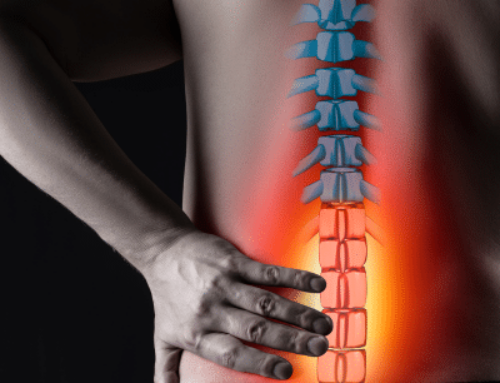Injuries which occur while running frequently inspire runners of all ages and fitness levels to consult a specialist on the double. Running is a great way to stay in shape and build cardiovascular health, but it also carries its own set of risks. Running injuries are not at all uncommon, and some require urgent professional attention from an orthopedic and/or sports medicine specialist.
At Hampton Roads Orthopaedics Spine & Sports Medicine, our providers specialize in sports injuries and their emergency treatment. Located in Hampton Roads, they diagnose and treat the types of running-related injuries described below for runners of all ages.
- Runner’s Knee
Runner’s knee erupts in strong pain just behind the kneecap as a result of pounding the pavement. The condition can worsen when you place additional stress on your knees or have weak hips. Runners may initially find some relief by using a knee brace or taking anti-inflammatory medications; but if your injury escalates into serious, persistent pain, you should consult an orthopedic specialist to prevent further damage.
- Plantar Fasciitis
Inflammation or tearing of the plantar fascia (the flat band of tissue connecting your heel to your toes) results in this painful condition, typically caused by bad shoes or pounding on the pavement. If you feel this extreme pain in the arch of your foot, simply changing shoes may not be the best treatment. Visiting your orthopedist for intense foot pain may result in a helpful steroid shot that will help you heal quickly.
- Iliotibial Band Syndrome
Iliotibial band syndrome is a serious concern for runners, causing inflammation and pain running from the pelvis down through the knee. When you see an orthopedist for this injury, you may receive additional information about how to stretch and roll your muscles to prevent further injury and alleviate pain.
- Stress Fracture
Stress fractures, caused by pounding the pavement with great force, result in small cracks in the bone. Your orthopedist may provide you with crutches so that you can get around, but after he or she has repaired your stress fracture, you may consider physical therapy to get back on your feet. Your doctor may also take X-rays of your legs, as some cases may require surgery.
- Dehydration and Heat Exhaustion
If you feel sick during your run to the point of exhaustion or passing out, you need to reach out for medical care right away. You could be experiencing heat stroke or exhaustion. Common signs of heat exhaustion include sudden confusion, dehydration, dizziness, fatigue and fainting, all of which orthopedists are trained to immediately recognize and treat.
Please contact Hampton Roads Orthopaedics Spine & Sports Medicine right away if you or a family member experiences a running or other sports injury. Time may be of the essence if pain is severe, and “playing hurt” often only makes an injury worse. If you would like an appointment but your pain is not urgent, you may prefer to make an appointment request using our online form.






